
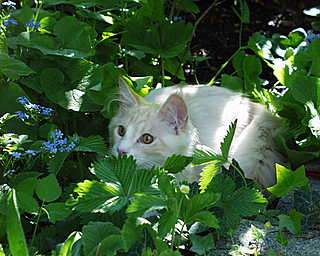
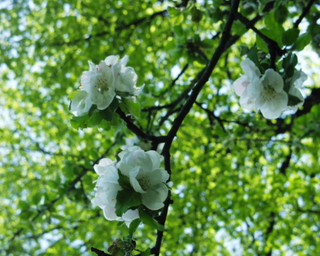
I have been breeding Maine Coons now since the beginning of the 1990, during which time
we have observed many trends within the Maine Coon-scene, some of which I have adopted
without ever ignoring my aim - producing healthy, affectionate, intelligent large
cats.
Maine Coons are a natural breed, which do not need much in the
way of grooming, but do need lots of love, and as far as the latter is concerned,
they give as good as they get. Maine Coons are considered to be the largest "house"
cat in existence, but smaller animals are also excellent representatives of their
breed. This is why I don't strive towards breeding exclusively large cats.
My "babies" should above all be affectionate, lively and trusting,
and be a source of pleasure to their new owners. I have distanced myselve from
"extreme" breeding; I prefer a healthy medium length snout, responsible
(together with the ears) for the "wildcat" expression which the moderate Coon Cats can have also without being bred for this modern "superferal look". Of course it
goes without saying that our kittens, as well as their parents are regularly checked
over by a vet, and they are only handed over to their new "tin-openers"
when they are at least twelve weeks old and have been completely vaccinated.
One word of warning: raising kittens is expensive. Serious breeders, ourselves included, only give their babies away for a minimum of € 500,00 to people just looking for a pet to cuddle up to. However if you are looking to acquire an animal for breeding purposes, then the price can rapidly increase to € 1200,00. There are more or less break-even prices.. When i started breeding a then wellrenowned swiss breeder told me: "if you dont have 10.000 swiss franks to spend every year dont start with breeding".Ii didnt believe this then, but over the years it came more or less true.
so I am aiming for the following
"my" kittens should be:
as healthy as it is possible for me
as character-stable as it is possible for me
as near to the standard as it is possible for me
Keeping cats is relatively inexpensive in comparison. € 2,00 per day will feed your cat and fill its cat litter tray. The basics (cat litter tray, scratching post, food and water bowls and toys) vary in price and it is more or less up to you how much you want to spend. We all know cats that will completely ignore every expensive toy and even real live mice just to play inexhaustibly with a humble piece of screwed up paper.......
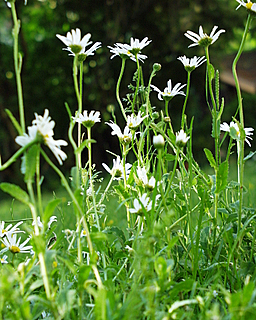
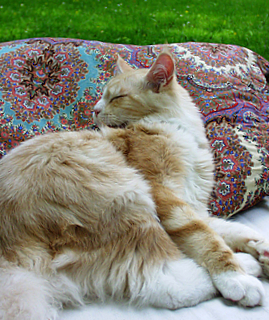
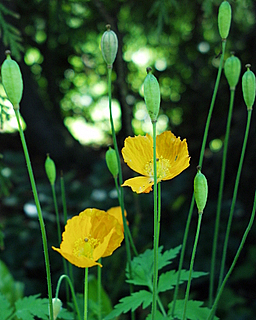
How we found our cattery name:
I had quite trouble finding a name for the cattery.. then inspiration struck (kind of). Im living in Munich, near Nymphenburg Palace, which happens to have a big channel which in summer is duckridden water full of carps, swans , a perfect place for a stroll along; and in winter the most marvellous iceskating, icehockey and curling place on gods wide creation.
And there is a second, smaller channel coming out of the palace area, driving the mills of the manufacture of Nymphenburg porcelain on its way filling up the lake in Munichs Olympic Area of 1972 prior to merging with munichs river, the Isar. All are parts of the channel-system the rulers of Bavaria maintained to travel between their palaces around Munich in the baroque aera.
This small one is called the "Canaletto" , which means "little channel" by the
old people in our quarter.
Plus there was a famous painter in the 18. century whose name also was "Canaletto"
and of course he painted Nymphenburg Palace ...
There we go, living between these two "waterways" and a painter as a namesake:
Canaletto it should be..
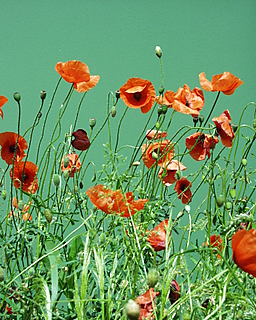
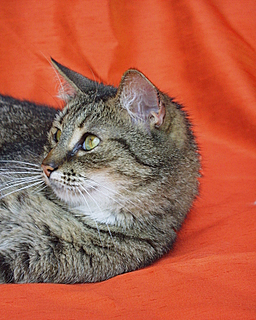
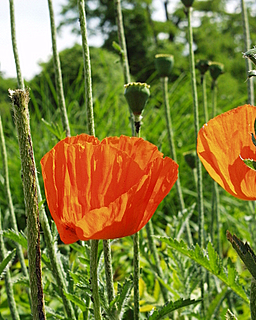
A few thoughts about breeding ..
The goals in the breeding objectives of Maine Coon-breeders are usually protecting, preserving or developing the breed,... what now really?
If you just want to keep "as it is" you do not need extensive breeding programs. Well, there may be one or the other breeder, who just puts "tom to gal", and so only reproduces. No more but no less also. This is nothing to wreck havoc, but nothing to be developed also.
Others want to develop the breed to somewhere where it is not yet .. whether this should somehow be "bat"-ears or health, character or simply looks - something must at all costs be different.
All our breeding animals are of course far away from the original Coon cat, living "wild" in Maine around 1900 and then already shown in the United States. Quite selfcritical can be said that the most natural at the "nature breed" Maine Coon is the word" nature "or the fact that there are still cats..
Well, preserving the breed, health, beauty and essence are, of course - like all others too - our concerns. You can expect that our animals are beautiful and typey. That they are well socialized also. The fact that our "breeding Queens" are not "exploited" is clear ..
There has to be a bit more than the absolute basic conditions ... but what?
We can not reinvent the wheel. The genetic material of the Coon cat is the same, the lines we breed differ ultimately only one iota from those of other breeders - because all Maine Coons on this earth have a very large proportion of animals as a basis, "Foundation", which is called the TOP 5 cats; cats more or less represented in each Maine Coon pedigree - except for an extreme "outcross" based on the "new Foundation" or a remnant of the other original Foundation-lines, which almost disappeared ...
And we have also made mistakes, things that if they went ok triggered sigh of relief or if they went wrong had to be counted as "learning the hard way" with all the consequences - which means, everything like with all others, too.
What we can do are small, but nevertheless important, things,.. and actually all serious breeders do like this. To be hones one has to say: some, known as backyardbreders or not serious do it also ...
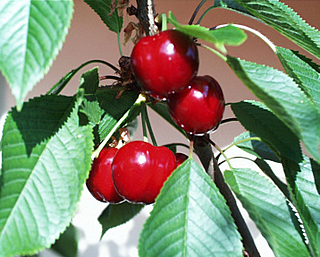
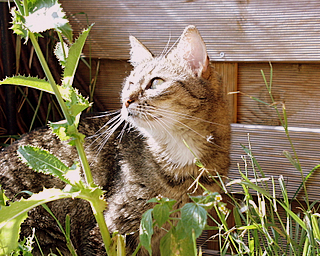
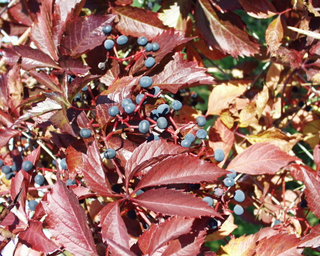
Health Concepts:
We test - as possible - by genetic testing and using ultrasound - HCM, HD and sometimes on PKD, a kidney disease. This does not guarantee that none of our kittens never will get one of these inheritable diseases, because even free from hereditary diseases controlled and tested parent animals can get affected kittens also - or only show signs of illness in old age. Testing it is a "controlled uncertainty", which helps us to plan. Since not all people also die at the end of the time which is called the maximum lifespan, but some of them very much sooner we do have the hope that our Kitten reach also their allotted maximum life span, but it can also be the other way. Nature is quite diverse. we will never have perfect animals - after all, we try to trick nature - and nature has many possibilities to counteract.
-- We vaccinate our kittens against the diseases against the vaccine makes sense. That means we do, because we are not satisfied with results and experience, no FIP vaccination.
Because all cats get in contact with corona viruses, and only a minimum of such viruses mutate to a deadly disease. If we compare it a little bit with cancer ... (Breeders compare it more to AIDS, we dont talk about, whisper a bit behind backs and segregate ..) And we vaccinate in a slightly longer interval than usual. The massive vaccination of everything at once in such a small and developing body like a baby cat can have devastating consequences. That is why we do not use combined vaccination and set one week break between the various vaccinations in a row of needed shots. In the repeated vaccinations 4 weeks later applies the same.
- our cats have, if possible only babies once a year. This is written at many breeders website. As a rule this also agrees with us. But not every cat is the same. Some are just happy as a mother, while others prefer to have kittens only every 18 months, while others are quite regularly in their cycle. This we try to take into account. Nevertheless, for us is a rule better one litter less than too much. -- And then there are the cats, which simply do not care about our planning and have children just when they want .. Oups-litters they are called ... should we love these "children of lust" less love as their planned siblings?
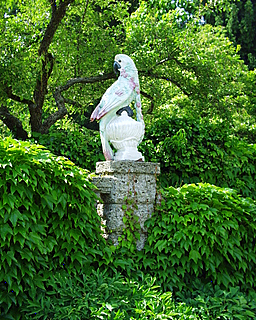
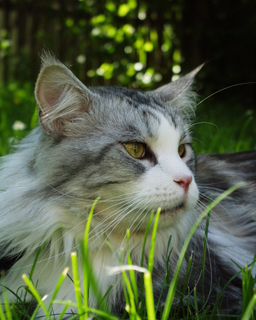
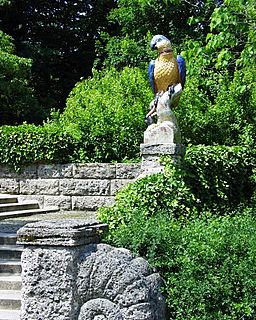
More breeding ideas
-- out of principle we make no single matings any more. A first mating is like a test. You can guess what comes out at the end, but nothing more. So we give the results of these matings generally not to breeders, but only to pethomes. Only with a repeated mating we consider whether we sell to other breeders. And here we are very critical. Unlike many breeders, we are not of the opinion that what has a tail and four legs should be sold into the breeders homes. A breeding animal would be for us first and foremost a Kitten that we would and cannot keep for ourselves. And then look, character and health must balance each other as best as possible. Not at least, this child in another breeding home is also an "ambassador" of our cattery. Since tis is so a kitten should be looked over and assessed very carefully before it leaves to another breeder's home. Not that the "cat lovers" would be worth less, but the demands of a lover of a purebred cat are, can and must be different. Quite besides, we prefer "lovers" to "breeders" ...
-- Many breeders are of the opinion that you have to make as many different matings as possible. On the one hand, the idea is not bad, because always the same does mean a certain "standstill", but we believe that in animals with as quickly a generational succession as cats, a little more time, a several times repeated mating, can not hurt to reach a breeders ideas and Objectives. That is why we have also -if possible- grown, "mature", animals in breeding, which for years "kind of cooperate" and not just "youths" which are to be replaced after one or two litters by new animals..
Sometimes we find an animal in our breeding group that is not a "group cat" running smoothly with the others, more of a "solitary cat " than a "pride/pack animal". For this, we must keep in mind that the "normal cat" is rather a "single living group being" with very loose ties. And we select by breeding to "in the group living pride/pack animal" . So to speak we attempt to establish a social structure, to create a pack/pride as it is the normal case with some big cats (lions). Only the socially most compatible should find entry in breeding programs, only the ones which can cope with the stress of the multi-cat household . And you are doing these "not coping, not willing" animals no favours when they remain in breeding. They show this clearly to us. That is why we sometimes give away a grown animal. With a bleeding heart, but we do. This is for us a part of breeders responsibility and breeding activities.
These animals, we give naturally only neutered in their new home. After all, we want to prevent that, instead of a happy "pet life", they land in the worst case at a "backyardbreeder" only to have kittens without plan and aim only for making money. We think about early neutering kittens shortly before they leave. However, we - and especially our veterinarians advising us - are not so clear about the possible health risks that we are doing it already. When we see how often Maine Coons are reproduced without plan increasingly we tend to take radical measures to distance us from the "proliferators" and to take care that none of our kitten land there. Accordingly we do a complete screening -- please be not upset about -- on our kitten- interessents
All in all we do, as I said, nothing different than any other breeder as well. Possibly we do some more conscious. Whether we do better than the others, we can not judge. Finally, there are as much breeding approaches as breeders. And even if we for us do not like or understand all of them, it is also true vice versa for the other breeders.
Ultimately, the decision from which breeders home a kitten comes in the new home should be based on sympathy, feeling and liking. This feeling however must not bring you to take such a kitten home out of pity. Then more likely the animal welfare is in demand. Although this is doing in the case needed surprisingly little in Germany. Unfortunately, it is sometimes possible that both parties have been misled into each other. Then it comes to discord, which is better buried quickly, because no one gets anything out except a bad feeling ..
You see, there is much to consider when breeding, and much, if you want to buy a kitten from a breeder... and breeders are very special people ..
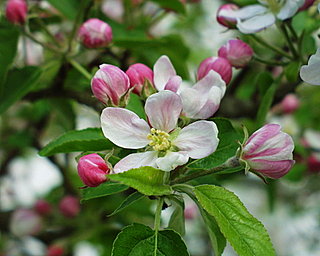
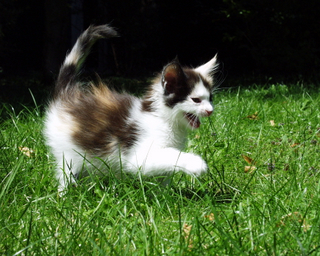
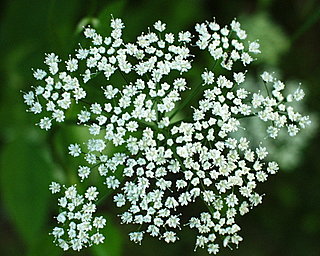
so our resumee is:
"our" Canaletto kittens should be:
as healthy as it is possible for me
as character-stable as it is possible for me
as near to the standard as it is possible for me
..And i believe, so far we managed it quite well - but not always, to tell the truth. but only god really masters nature we believe .
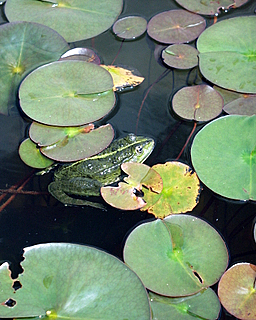
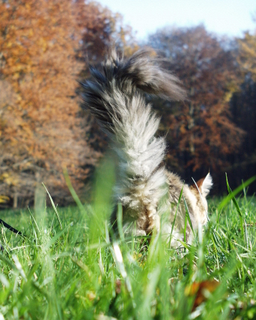
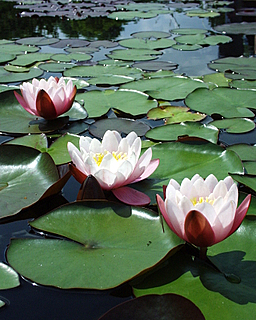

Henning
Müller - Rech
Waisenhausstr. 57
80637 München
Tel.: 00 49 89 /
157 88 73
Mobil:
00 49 171 / 88 58 950
e-Mail: mueller-rech.muenchen@gmx.de